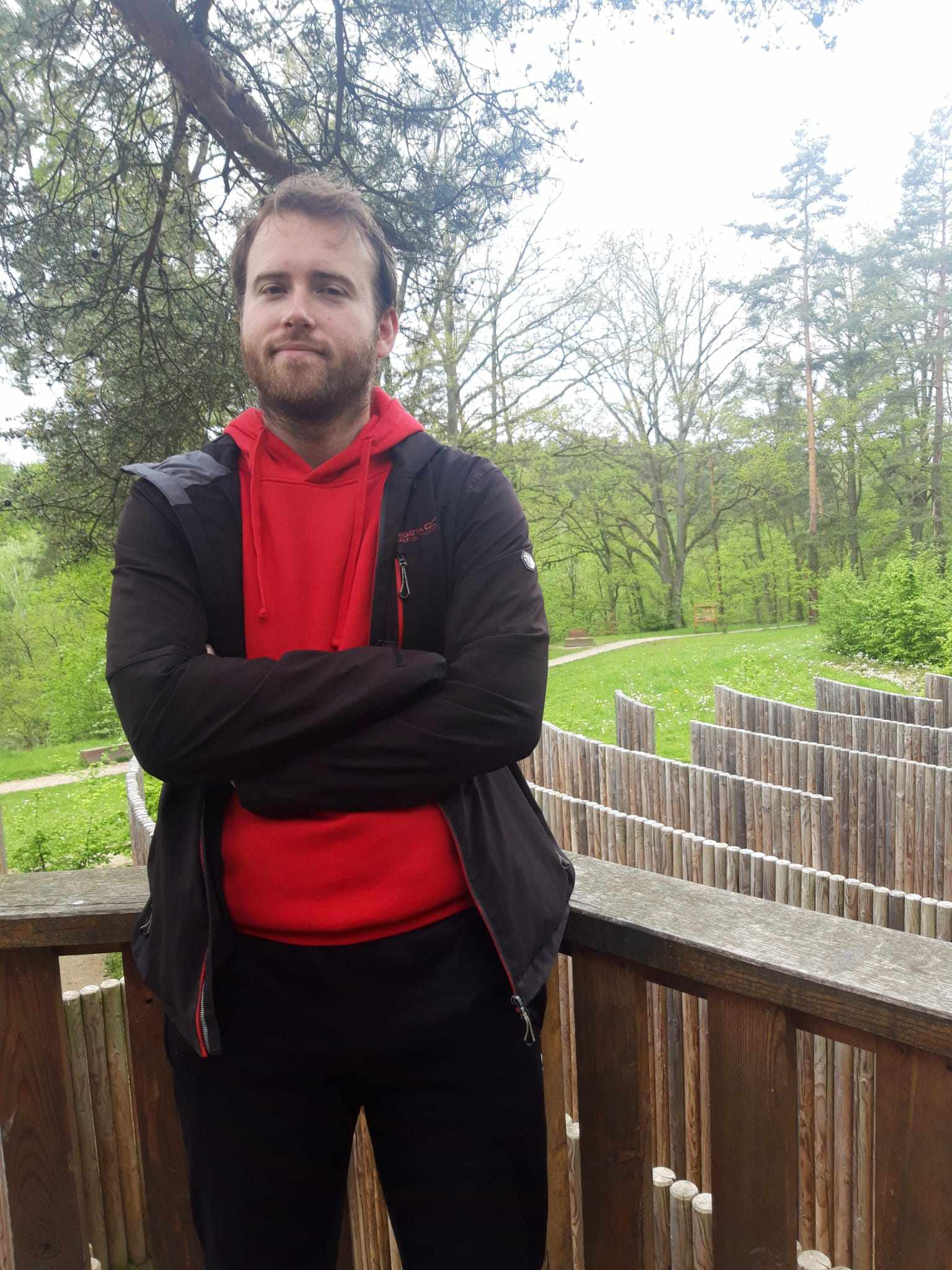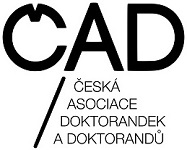Interview with doctoral researcher Miroslae Vašík
Next in our series of mini-interviews with fellow doctoral researchers is an interview with Miroslav Vašík from the Institute of Czech History, Faculty of Arts at Charles University.

1. Why did you go for your PhD and what are you doing?
I went for my PhD right after I finished my master's degree. I was one of the "better students," so further knowledge acquisition was an option. What attracted me most was the exposure to science and the scientific establishment. From the beginning, however, I was trying to tame the ideas about a possible academic career.
My research is centered on the everyday life of university students in Prague in the mid-19th century. I'm interested in their study experience and I try to intertwine this with the concept of generations.
2. What problems and challenges does doctoral study bring, what motivates you in your work?
My biggest problem and challenge is finding a balance between writing my dissertation, trying to "do science," my personal life, and other needs (making a living). Nobody helps me with this, and my time management is sometimes quite chaotic. I'm also increasingly worried about "what's next" because I don't think getting a good academic position will be easy.
3. Why did you join ČAD?
I started following ČAD in the first year of my PhD studies, and I am still discovering its possibilities. I really like the effort to reach out to higher levels and I'm interested in the situation of PhD students in other disciplines and universities.
